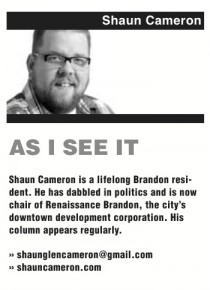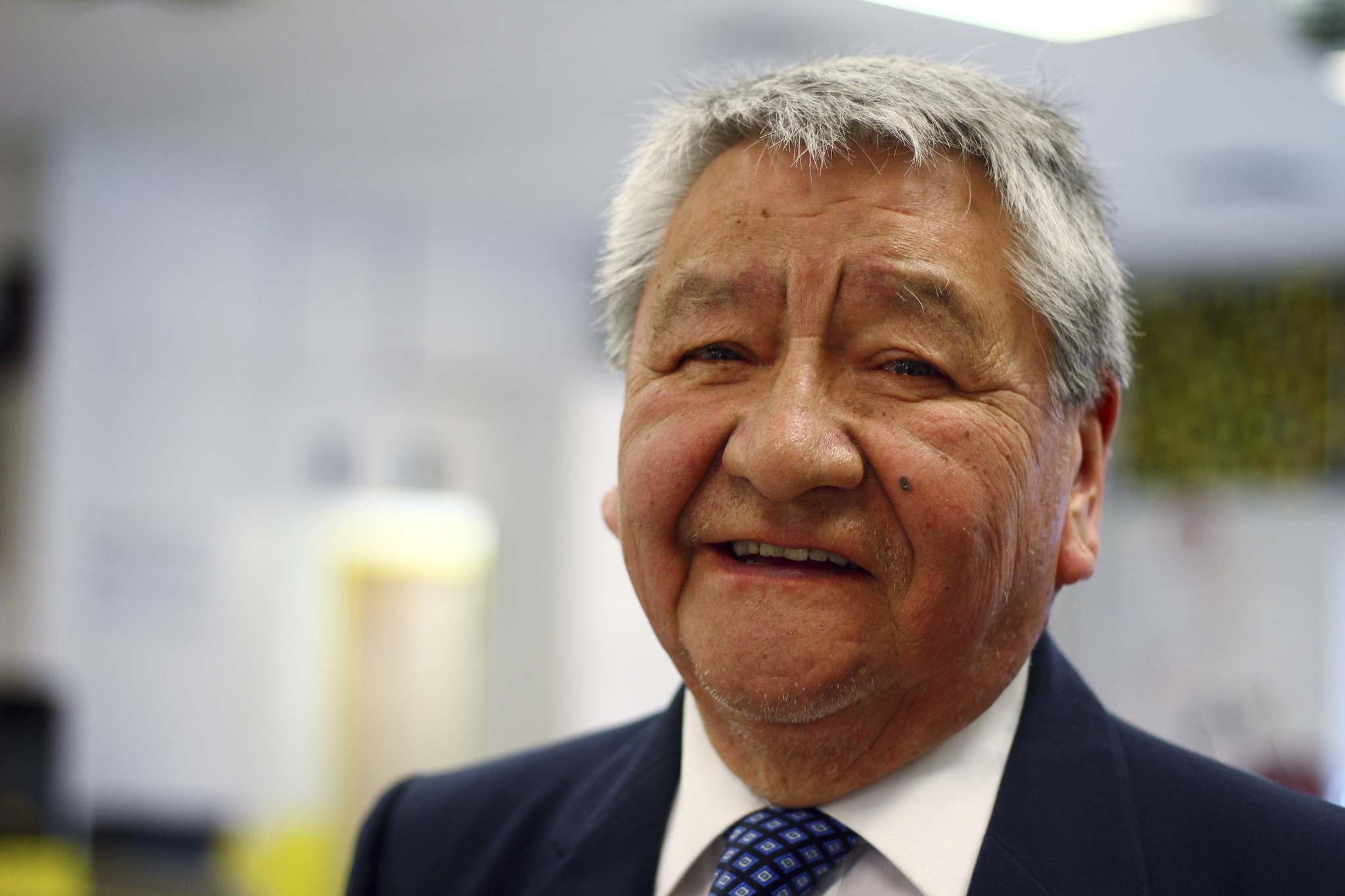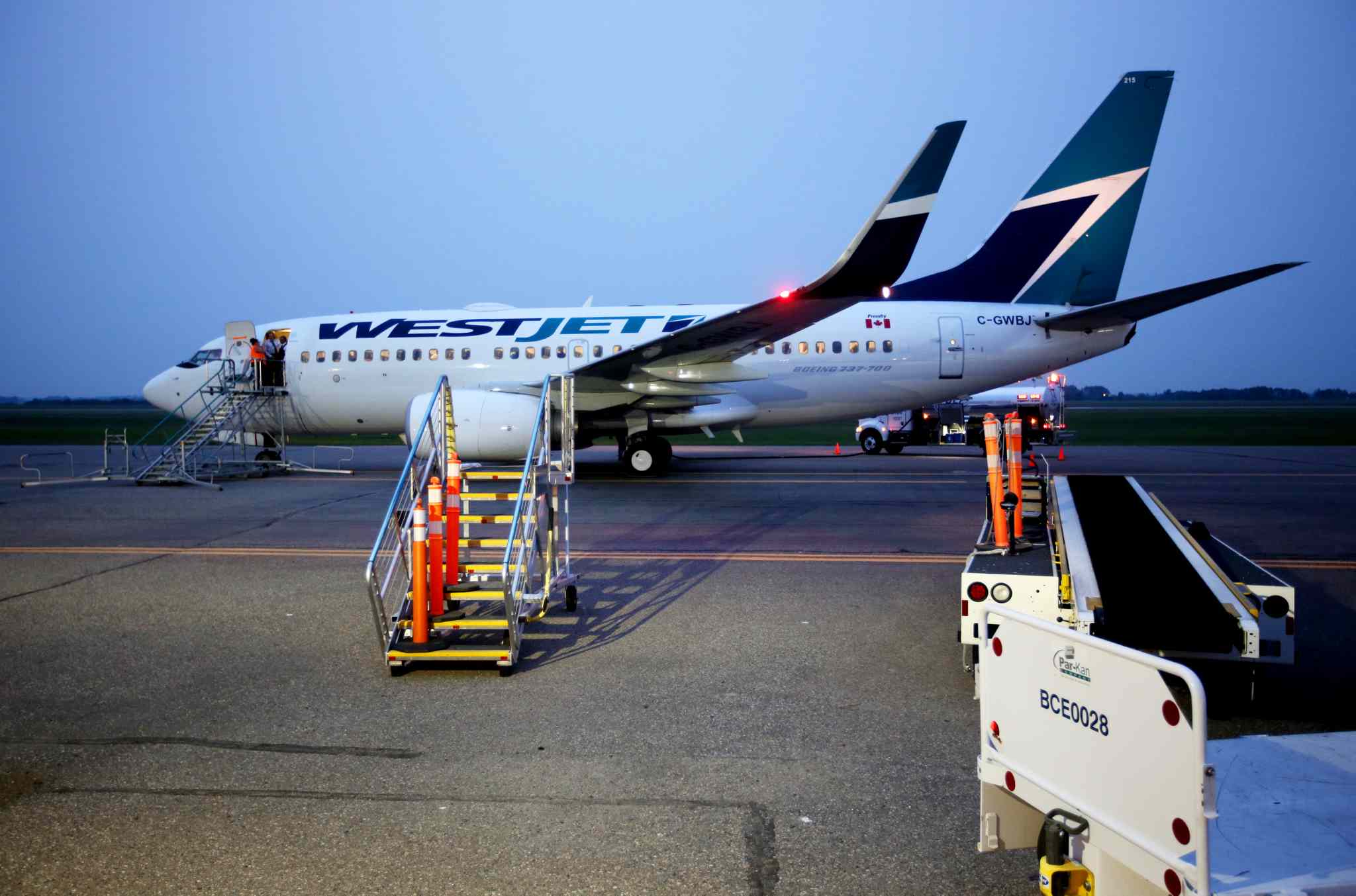Republished from the Brandon Sun print edition March 20, 2014

As the last bits of winter linger on, many in Westman are itching to pick up the clubs and head out for a round or two of golf as soon as the ice and snow melts away.
Of the plethora of golfing opportunities in and around Westman, the Wheat City Golf Course will undoubtedly be on the list for some to play a round once the season is in full swing. The longtime city-owned and operated course has seen many highs and lows in its public existence, and since the flood of 2011 has struggled somewhat to regain its stride as a marquee course in the area, especially when compared to some of the upstart courses that have popped up in recent years throughout Westman.
The Wheat City Golf Course has always proved quite a conundrum for residents of this city as to whether a publicly owned and operated course is the right move for the City of Brandon. As well, its very existence has challenged many previous administrations, through to our current council, in the management and operations of a city-owned course. Many questions arise.
Is the city best to invest resources and time in an entity that is solely owned and operated by the city but somewhat limited in scope? And — as some would argue — is it in direct competition with private industry and business in this and other communities?
Both are interesting points when pressed against the lens of whether a city needs to provide services, such as golf courses, when private industry can provide the service in a community. And if those private industries, if offered the chance, were willing to partner with the city in improvements — if the deal was right, and the opportunity existed to supply recreational options through a public-private partnership.
In the 2015 budget deliberations, the Wheat City course issue remained fairly quiet. But it was contentious during the previous round of budgeting when city council upped the tax ante in the 2014 budget, and kept the course as a city-owned entity.
I have always been a strong proponent for investment in this community, but it does pose an interesting question whether a partnership with private investors or the return to contract management would work in tough financial times. The last round of independent management in the early 2000s, coupled with city staff on the same course was a bit of an odd mix, but it raises the question of whether the public-private hybrid could work through a lessee, or sponsor in this modern incarnation of the course’s life.
Brandon is not the only locale that has considered offloading its course. Winnipeg has looked at the same process to dump its courses, and the burden that goes along with the management and upkeep of them. I’m not suggesting that our city look that far into selling it off, as the maintenance and ownership of greenspace in the community is positive, especially in that area of the city. But civic leaders need an enhanced ability to manage the risk with loss generators like the entity the Wheat City Golf Course has become.
Perhaps looking at a form of sponsorship with civic assets, much like is the case with the naming rights opportunities available within the Keystone Centre, could generate revenue to help offset costs. Providing the sponsor the ability to tag the course with signage, renaming and larger brand marketing may be a good start. It would definitely not be enough coin to float operating costs, but it may open the door to course improvements instead of the staggering costs we currently are saddled with in absence of a plan like this.
The reality of the current scenario is that taxpayers are finding it difficult to keep up and an entity that has a limited usage base may be the first to fall under the next council. This course, and other recreation ideas like this, may stumble without some innovative thinking, sponsorships or shared operations.
And if there was a commitment to lease, the city needs to take a “hands off” approach with a lessee, and allow them to exhibit the skills to manage the course responsibly.
The Wheat City still provides a valuable asset for the community, and losing that would be a shame for the many user groups that call it home. But change is in order if it is to remain viable and not be a continued long-term target for the chopping block come budget time.
Taxpayers have been on the hook for a little more than a half-million dollars most years in the operation of the course, so ideas, like sponsorship and naming rights, may be a good first step in alleviating a stress many other cities are looking to shed when the going gets tough, and the axe, much like the clubs, get swinging.
Please consider sharing this post with your friends!





Social Profiles